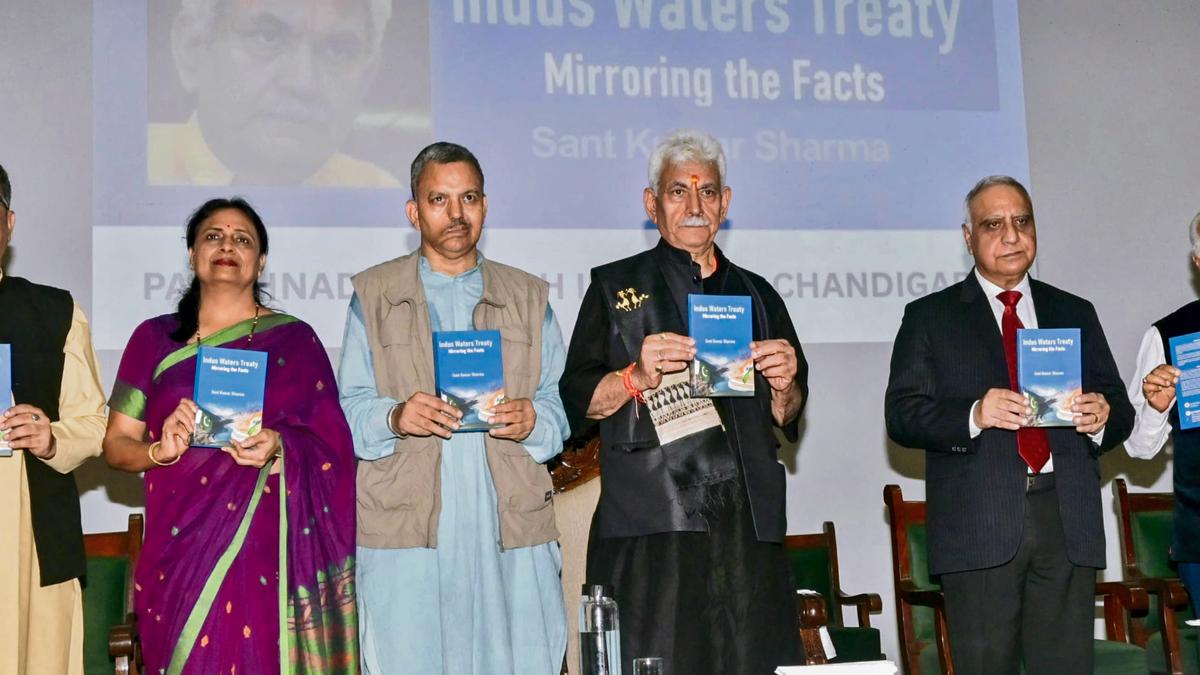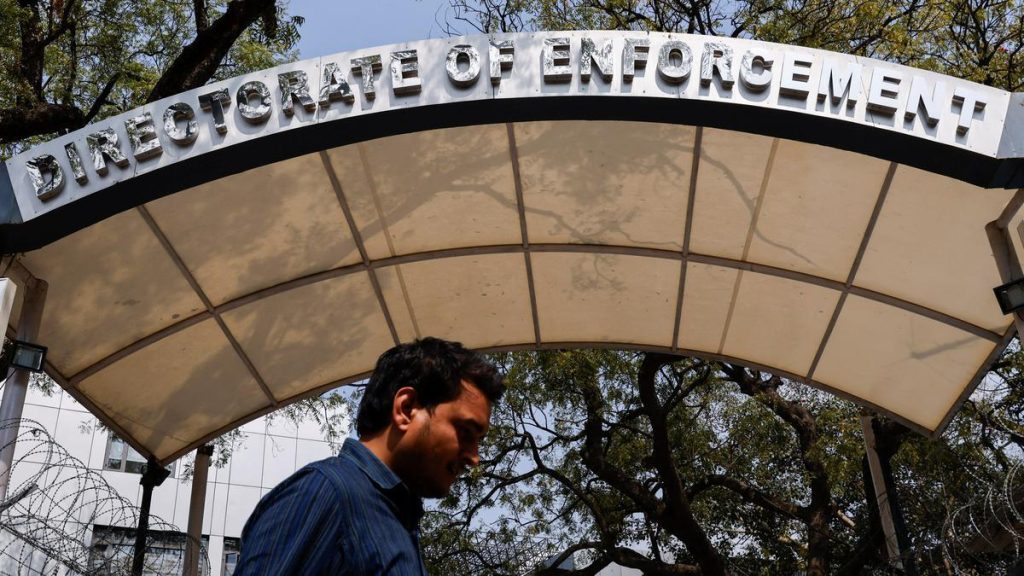Now Reading: J&K L-G: Indus Waters to Prioritize India’s Needs Amid Treaty Suspension
-
01
J&K L-G: Indus Waters to Prioritize India’s Needs Amid Treaty Suspension
J&K L-G: Indus Waters to Prioritize India’s Needs Amid Treaty Suspension

Fast Summary:
- Event: Jammu & Kashmir Lieutenant Governor Manoj Sinha launched Sant Kumar Sharma’s monograph titled Indus Waters Treaty: Mirroring the Facts in Jammu on July 19,2025.
- Key Statements:
– L-G Manoj Sinha emphasized that India will now have full control over the Jhelum and Chenab rivers, stating, “India’s water will flow for India and stop in India.”
– He highlighted that Pakistan will face economic and agricultural challenges due to the suspension of the Indus Waters Treaty (IWT), which previously supported irrigation across 16 million hectares in Pakistan.
- Terror Attack: Tributes were paid to victims of the April 22 Pahalgam terror attack by Pakistan-born terrorists.Mr. Sinha stressed that terror and trade cannot coexist.
- Broader Context: The suspension of IWT was described as a response intended to “rattle” Pakistan’s presumed confidence before military operations post-Pahalgam attack.
- Progress Goals: Mr. Sinha reiterated J&K’s commitment toward infrastructure growth, achieving a terror-free environment, implementing Vedic knowledge into education, and fostering cultural values via Arya Samaj commemorations.
Indian Opinion Analysis:
The suspension of the indus Waters Treaty marks a pivotal moment in India’s geopolitical stand against cross-border terrorism emanating from Pakistan. By halting critical water flows once vital for Pakistani agriculture and irrigation systems, this move signals India’s intent to integrate national security concerns with resource management strategies. From an economic standpoint for both nations: while adverse consequences loom large for Pakistan’s agrarian economy reliant on these waters, Jammu & Kashmir may benefit from enhanced regional infrastructure projects aimed at utilizing retained resources locally.
The emphasis on reviving educational roots tied to Vedic traditions further aligns with broader cultural integration policies being fostered within J&K under L-G Sinha’s leadership-a dual approach targeting holistic societal development alongside counter-terrorism efforts. While challenges remain ahead on overcoming drug-related issues in addition to ensuring continued regional stability amid provocative rhetoric between nations, such strategically coordinated efforts could signify positive socio-economic shifts within Kashmir long-term.
Read More: Link























